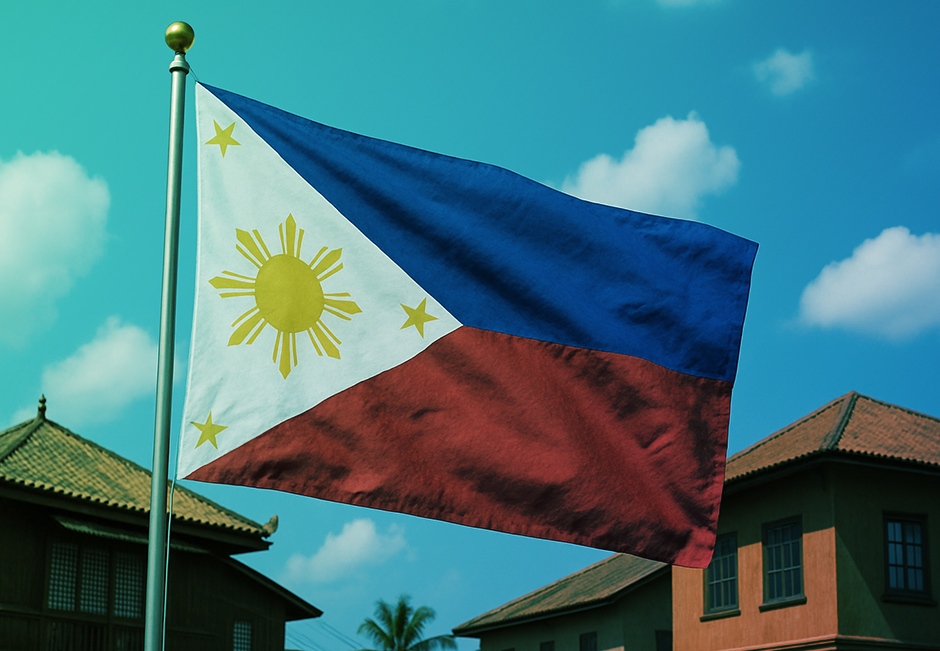
The Effects of Unlicensed Online Gambling Platforms on Filipinos

More than half of Filipino online gamblers don’t understand the dangers of unregulated platforms. However, usage remains high and spending is frequent.
A new sociocultural study from Fourth Wall Global reveals that 55% of players admit they don’t know the legal risks of playing at unlicensed casino sites. Moreover, only 12% find the rules clear.
The Core Findings at a Glance
The questionnaire surveyed 400 active online gamblers from Manila, Cebu, and Davao districts. One clear theme emerged. Most Filipinos were unfamiliar with the legal and financial risks when they played at black market gambling sites.
When it comes to opinion, 39% are skeptical that platforms are fair, 27% feel confident, and 28% are neutral.
One important aspect is that playing casino games is regular. In the survey, 41% reported playing 2 – 3 times per week, and nearly a third play 4 times or more weekly.
The typical bets sit between PHP 100 and PHP 499, with occasional pushes to PHP 1,000. Many who stopped heavier habits cite financial losses as the primary reason.
Demographically, the core spans ages 26–45, skews lower income, and frames gambling as casual leisure.
The Fourth Wall segments players into four risk-based profiles, which are useful for policy and product planning:
- High-stakes losers: the largest group who play only unregulated, placing high bets and are unprofitable.
- Perceived winners: medium bets, frequent play on unregulated sites; believe wins outweigh losses.
- Casual break-even: low stakes, entertainment-first.
- Regulated converts: use licensed and unlicensed but favor regulated environments.
“Confidence, fairness, and profitability matter more than platform features.”
John Brylle L. Bae, Research Director at The Fourth Wall.
What Attracts Players to Unregulated Platforms?
Respondents say unregulated sites offer greater game variety and frequent promotions. They also cite faster transactions and more convenient payments.
BingoPlus is the most cited regulated platform. JiliBet is the questionnaire’s most frequently visited unregulated site.
Trust and reputation weigh less in the final decision for most Filipinos than convenience and perceived profitability.
The Safety Gap Regulators Worry About
Safeguards are inconsistent on unregulated platforms. About 65% of players do not recall seeing any fairness certifications from reputable firms like eCOGRA.
Over 90% say they can join with little or no verification. About 80% report no betting limits or responsible gambling tools.
| Safeguard | Unregulated finding | Risk |
|---|---|---|
| Fairness certifications | 65% do not recall seeing any; ~1 in 5 do not look | Lower visibility of integrity signals. |
| Verification (KYC) | 90%+ can join with little or no verification | Higher exposure to underage play and fraud. |
| Betting limits | ~80% report no limits | Increases loss exposure versus regulated controls. |
| Catalog and oversight | May include games not verified by PAGCOR; inconsistent service | Raises risks of scams, privacy issues, spam texts. |
These conditions increase exposure to excessive losses, scams, and privacy risks when compared with regulated environments.
The Fourth Wall’s companion analysis details the operational contrasts:
- KYC: Regulated sites implement age and ID checks. Unregulated sites often allow sign-ups with only a phone number or email and no end-stage verification.
- Game integrity and audits: Regulated titles undergo PAGCOR approval. Unregulated catalogs can include unverified or imitation titles.
- Promotions and affiliates: Regulated bonuses are smaller and rule-bound. Unregulated programs can offer 45–65% commission to affiliates and market more aggressively.
- Payments: Regulated channels cap transactions to align with AML and responsible gambling objectives. Black market sites often accept e-wallets, bank transfers, and crypto with no limits.
How Authorities Are Fighting Back
The findings land amid a wider policy debate. Lawmakers have floated both prohibition and stricter regulation.
The Philippine Amusement and Gaming Corporation (PAGCOR) has said it is “fully committed” to intensifying the fight against illegal online gambling. The regulator has recently launched the PAGCOR Guarantee website to help the public verify legitimate platforms.
Bills filed in the Senate include proposals for an outright ban and separate measures that would tighten access rules and payments.
Earlier work from the same research program finds that most Filipino online gamblers favor clear rules over an outright ban.
They warn that blanket prohibition drives play underground into unregistered sites and social betting, where consumer risk rises.
Why Players, Operators and Authorities Should Care
The study’s message is not simply to warn consumers, it’s to compete on confidence inside the legal market.
The key findings give the authorities things to change. Nonetheless, they must avoid overegulation of gambling, as it will just drive players to unlicensed sites.
If behavior is driven by belief in fairness and quick, problem-free payouts, regulated platforms and public agencies need to make those qualities visible and felt:
- Verification with low friction: Keep KYC clear, fast, and human. Make age and eligibility checks obvious rather than hidden.
- Fairness signals up front: Put third-party test marks and audit info where players actually look, not deep in footers.
- Payments that feel modern yet safe: Support popular e-wallets and banks with transparent caps that protect users without needless friction.
- Dispute resolution that works: Provide responsive customer service and clear escalation paths, including to PAGCOR when needed.
For enforcement agencies, the operational contrasts in the Fourth Wall analysis can target inspections and public advisories.
The Bottom Line
Filipino online gamblers register and return to black market casinos because the experience feels profitable, barrier to entry is low, and the games seem fair.
Nevertheless, the lack of responsible gambling tools, transparency in fair games, and no legal repercussions make playing at these sites detrimental to Filipinos in the long run.
The clearest path to harm reduction is to make the regulated option feel just as fast and rewarding, with trust signals that are impossible to ignore.

